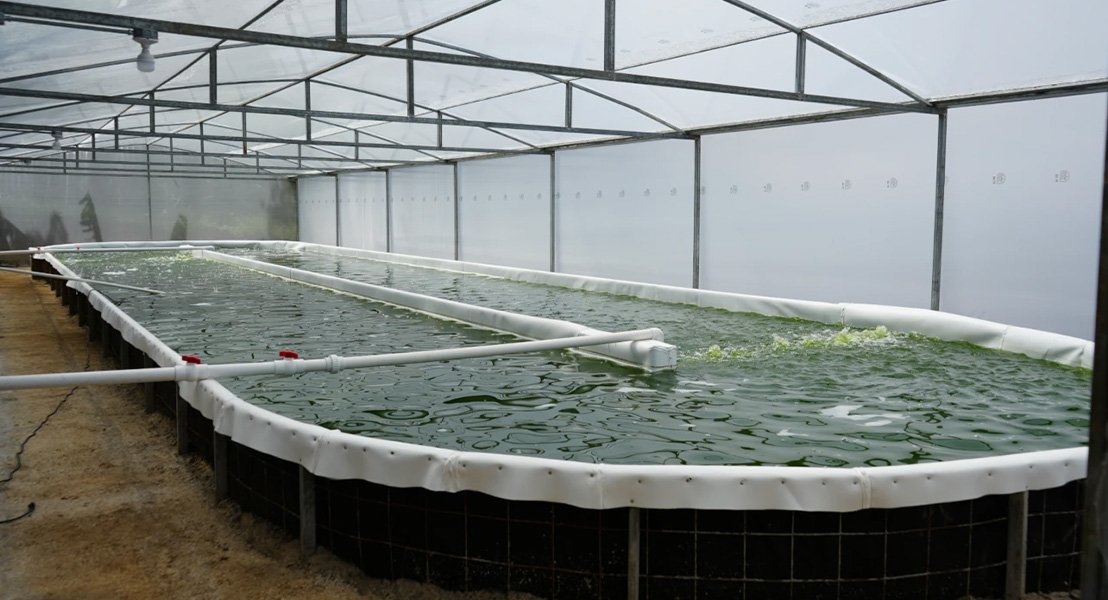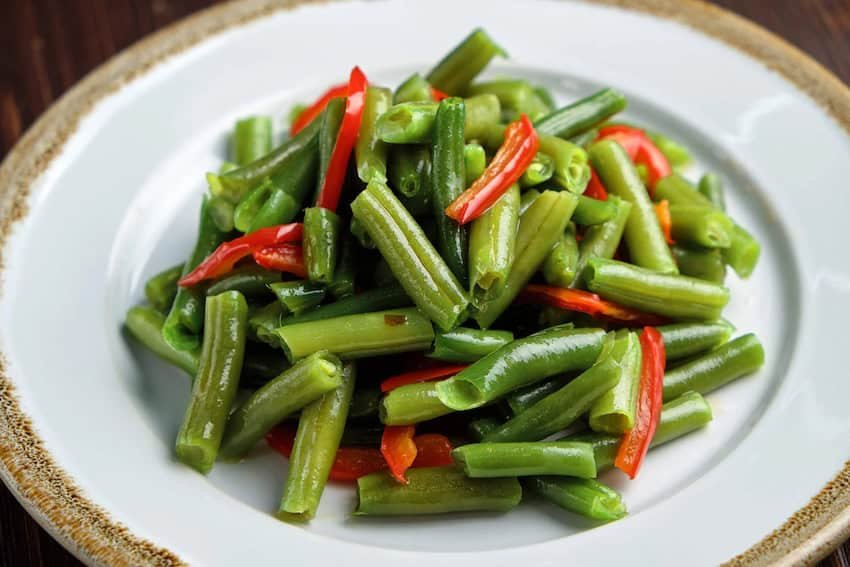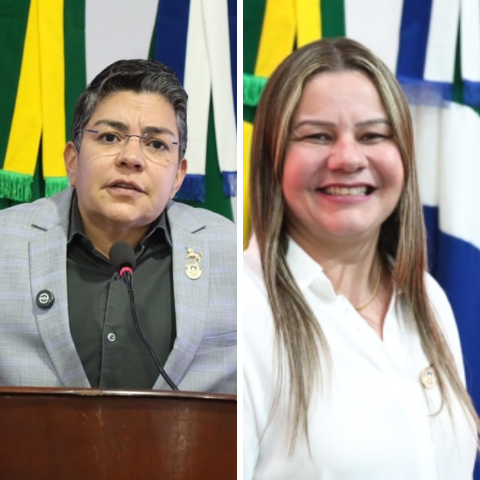A team led by Costa Rican biologist Maritza Guerrero has developed a natural biostimulant using microalgae that promises to revolutionize agriculture. The product, named Phyco-Plus, enhances crop productivity, regenerates degraded soils, captures carbon dioxide, oxygenates soil, and purifies water.
This innovation positions Costa Rica at the forefront of nature-based solutions for global agricultural and environmental challenges. Microalgae are unicellular aquatic microorganisms that perform photosynthesis and produce valuable biomolecules such as proteins, lipids, carbohydrates, vitamins, and pigments.
In ecosystems, they contribute to oxygen production, carbon sequestration, and the stimulation of plant growth regulators. These properties make them powerful agents for sustainable farming practices.
Despite their promise, microalgae use in agriculture has been limited by high cultivation and processing costs. Guerrero, who holds a master’s degree in biology from the University of Costa Rica (UCR), took on the challenge of making microalgae-based products affordable and accessible for local producers.
Guerrero began her research 18 years ago at the Tecnológico de Costa Rica (TEC). Even before the completion of the Biotechnology Research Center, she had already installed tanks for algae cultivation. Her team, which includes scientists trained at UCR and TEC, succeeded in reducing production costs by 95% compared to similar developments in wealthier countries.
With support from TEC and a $200,000 grant from the Inter-American Development Bank (IDB), the Phyco-Plus project became a reality. Guerrero now leads Algabiotica, a biotechnology company dedicated to producing the biostimulant and developing other microalgae-based products.
The microalgae used in Phyco-Plus are cultivated in Barva de Heredia, in ponds measuring 20 by 5 meters with a capacity of up to 40,000 liters. After centrifugation and harvesting, the final product is bottled and ready for field application.
When applied to crops, Phyco-Plus promotes soil microbiota regeneration, enhances carbohydrate and phytohormone production, and helps plants manage abiotic stress. These effects translate to stronger, healthier plants and more sustainable agricultural practices.
Guerrero believes this innovation can reshape farming mindsets. “Microalgae could boost agriculture and transform farmers’ mindsets, encouraging them to use microorganism-based products. It’s about improving food quality, human quality, and water quality,” she explained.
Farmers have already observed the difference. Agricultural producer Jacob Ramírez shared his experience.
“You’ll see that the plant is taller than the others. Potatoes and onions develop more quickly with the algae. With larger leaves, the plant can carry out more photosynthesis and absorb more nutrients.”




